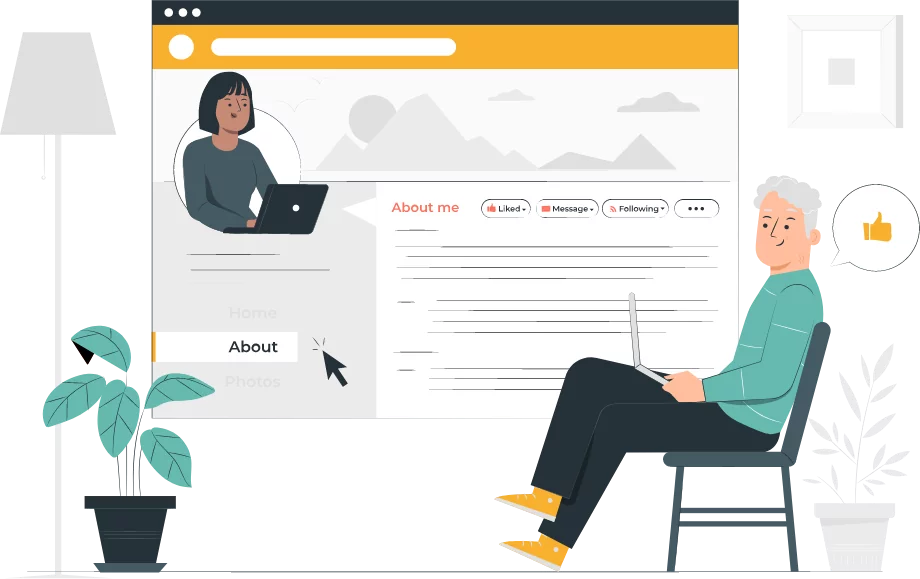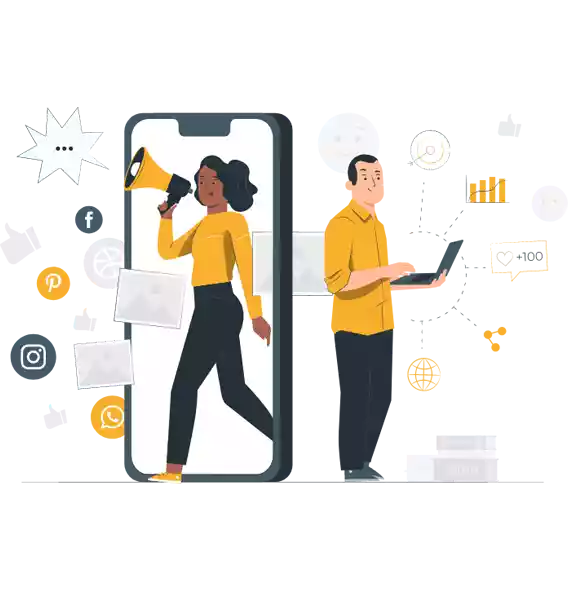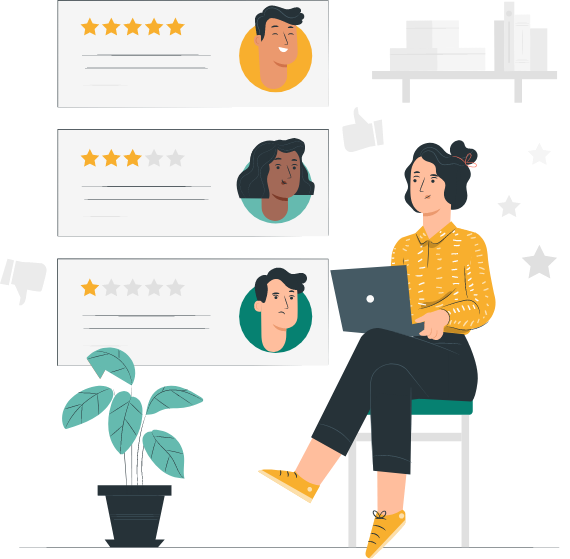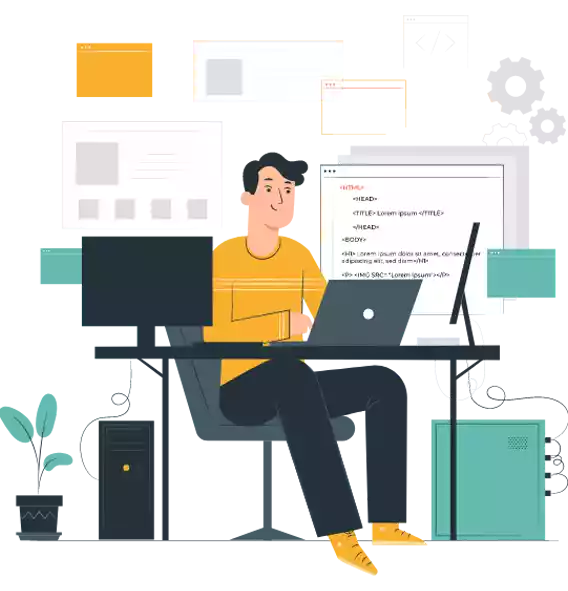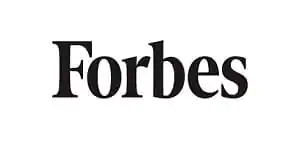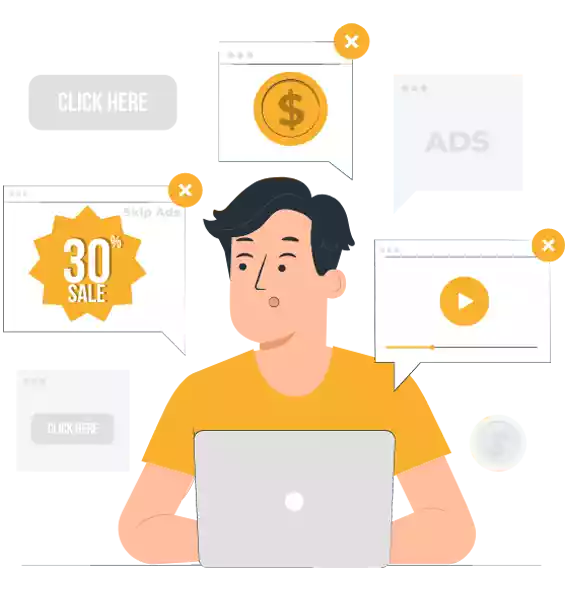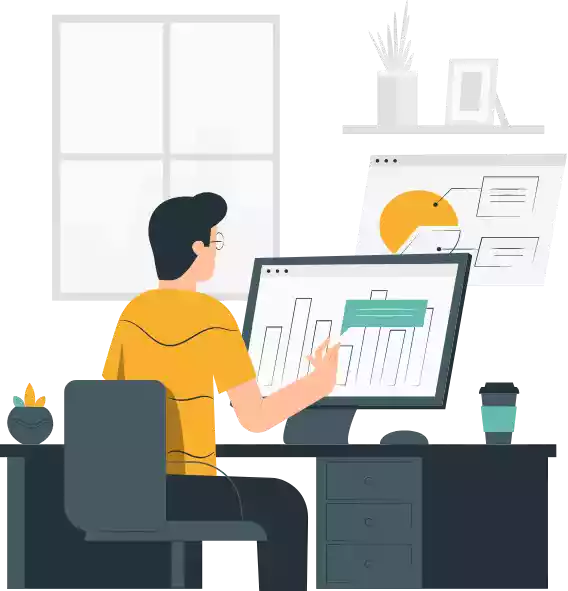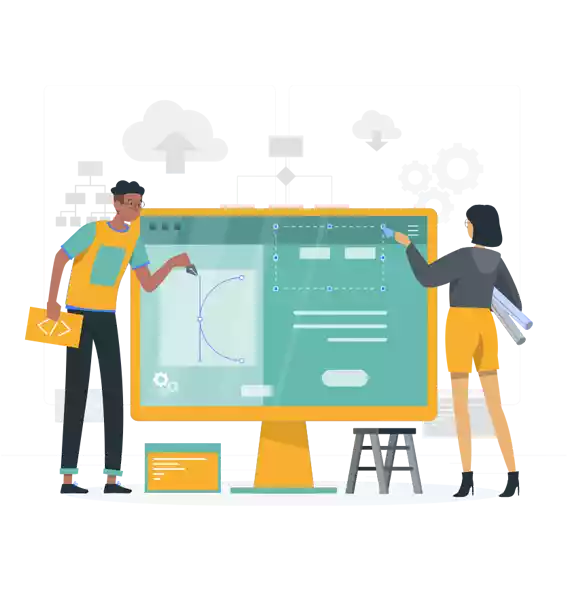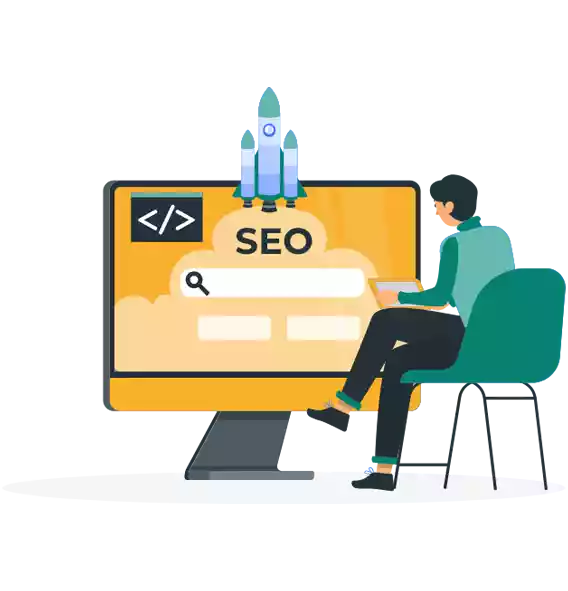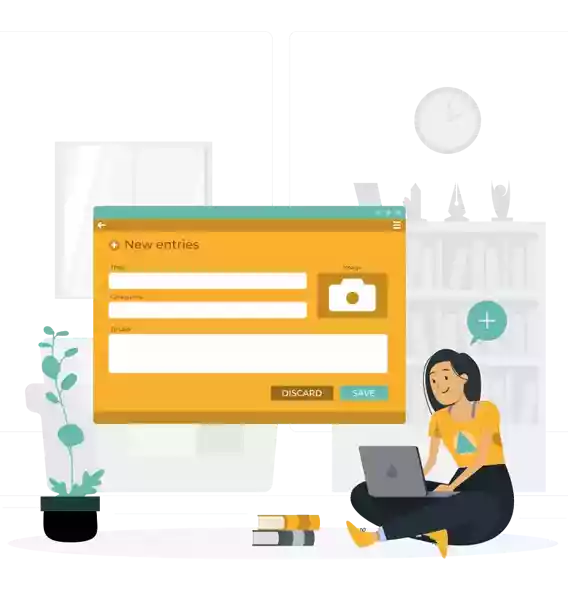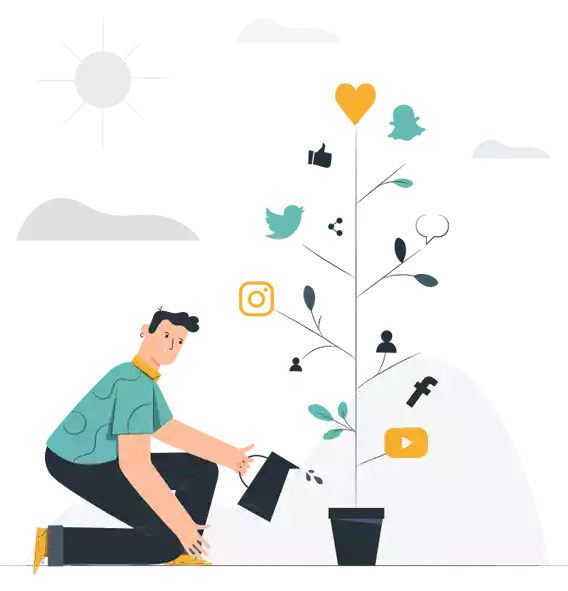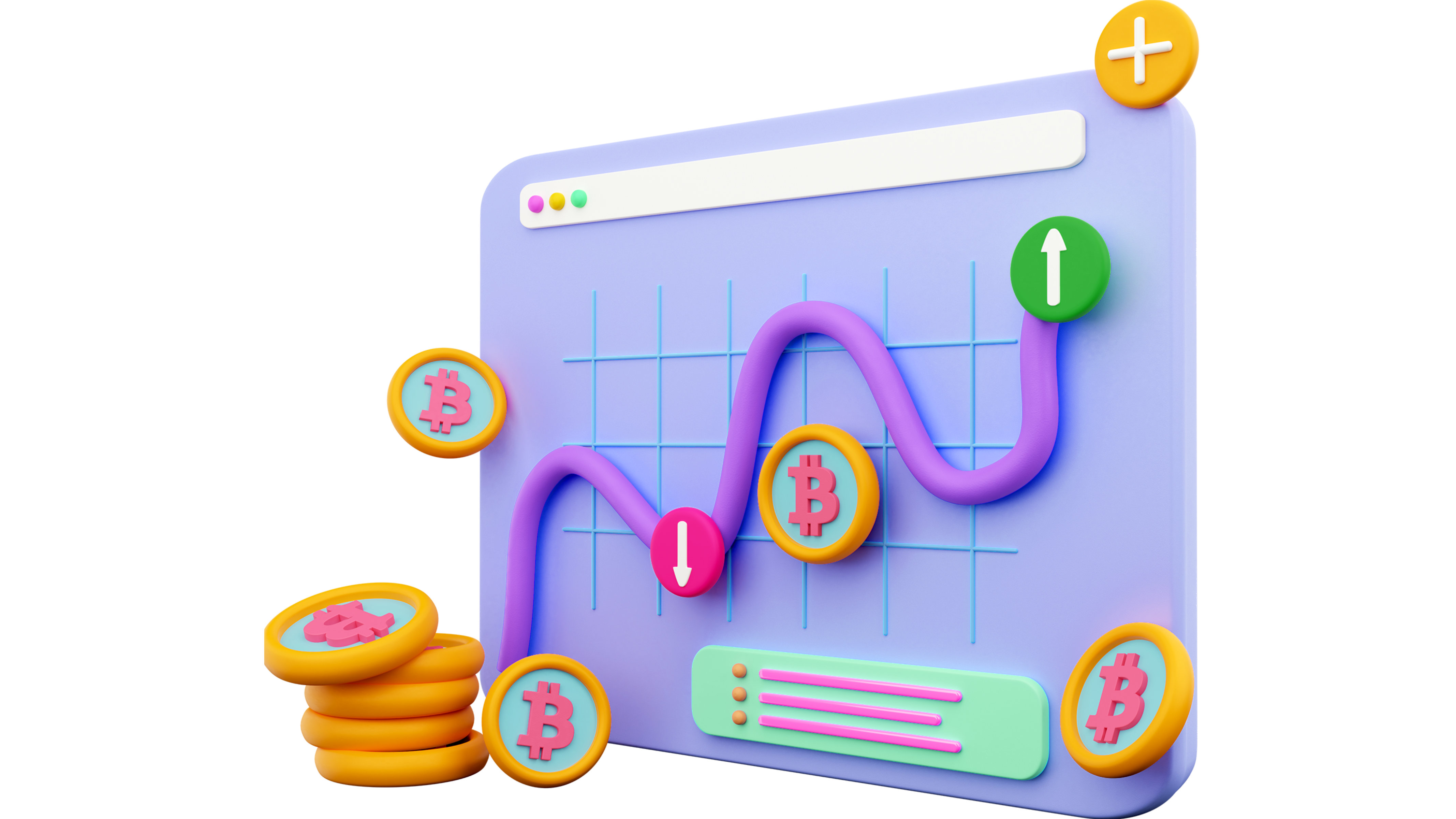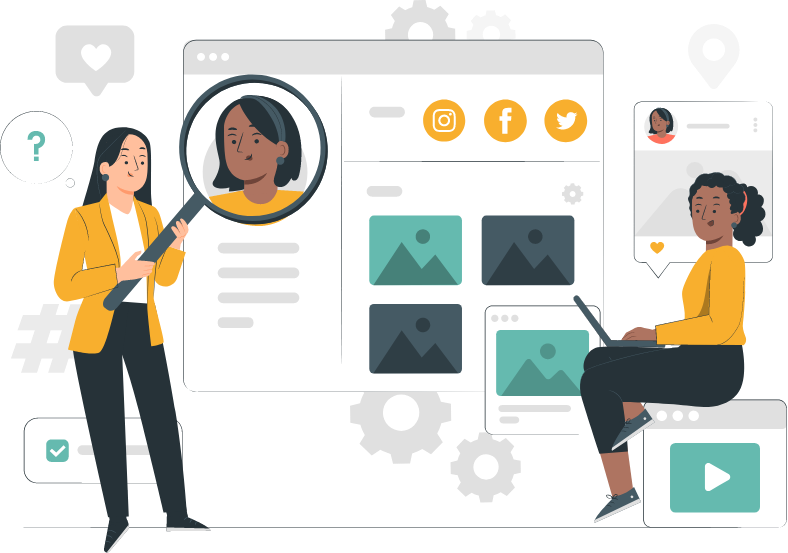Google has updated its algorithms several times already. The last big update was back in mid-April 2017. Since then, things have slowly started to return to normal. As always, Google changes its algorithms periodically to improve the quality of search results. This time, they announced a major change called the “helpful content algorithm.”
The announcement was made in mid-August and Google confirmed that the update began rolling out on August 25 that took up two weeks to complete. The “helpful content update” aims to help people find more useful, original, and helpful articles from people, for people. Read on to know more about the update and what you should be thinking as a content creator or as an entity when creating new posts as part of your SEO activity.
How does the helpful content algorithm work?
According to Google, the goal of the helpful content algorithm is to provide a better user experience by rewarding high-quality content with higher rankings. In other words, if you create great content, you’ll get rewarded with higher rankings. If not, you might see lower rankings.
The update brings a new site-wide ranking factor that ranks content based on how useful they are to searchers. That includes content that contains little or no valuable information about a topic that Google’s system will identify.
Any content, regardless of how helpful or unhelpful, has to compete with other content on the site, it can make sense to remove low-quality content in order to improve the organic reach of higher-quality content.
Note that Google does not recommend removing all low-quality content from a site. Rather, they suggest focusing on specific types of low-quality content and removing them.
How long will it take for a site to improve if it removes unhelpful content?
Sites identified by this release can expect improvements after months of the update being deployed, provided they haven’t already done so themselves the removal of the unhelpful content. Google runs its classifier continuously, permitting it to observe newly launched sites and those that are existing that haven’t seen good change. After identifying that the unhelpful contents haven’t been returned again, Google’s system won’t classify those pages any further.
How is your content classified?
Google’s classifier process occurs automatically, using a machine learning algorithm that learns automatically from past interactions between users and pages. It does not constitute a manual action. In addition, it is not a spam ranking mechanism. Rather, it is simply one among many signals Google considers when evaluating what your site should rank as compared to sites outside the network.
This implies that some people-first material on sites qualified as having unhelpful data could nonetheless rank well, so long as there are other signals indicating that people-first information is helpful and pertinent to a question. The signal is likewise weighed; sites with loads of unhelpful content could view a stronger effect. In any case, just be sure you have eliminated unhelpful content and moreover are adhering to all the directions provided by Google.
Who will be affected by this update?
If you’re wondering whether this update will affect your website, there’s good news! It won’t yet if it doesn’t fall to English searches. According to Google, the update impacts English searches globally, to begin with, and they’re planning to add support for other languages in the future. As they refine their approach, they’ll be launching additional efforts to improve the quality of results across the web in detecting unhelpful content.
In conclusion, understanding the ‘helpful content algorithm update” will allow your helpful content to rank higher in Google searches. These changes may cause concern for publishers who rely on traffic from search engines. However, Google reassures that it will continue to work hard to ensure that high-quality content is rewarded over time.




